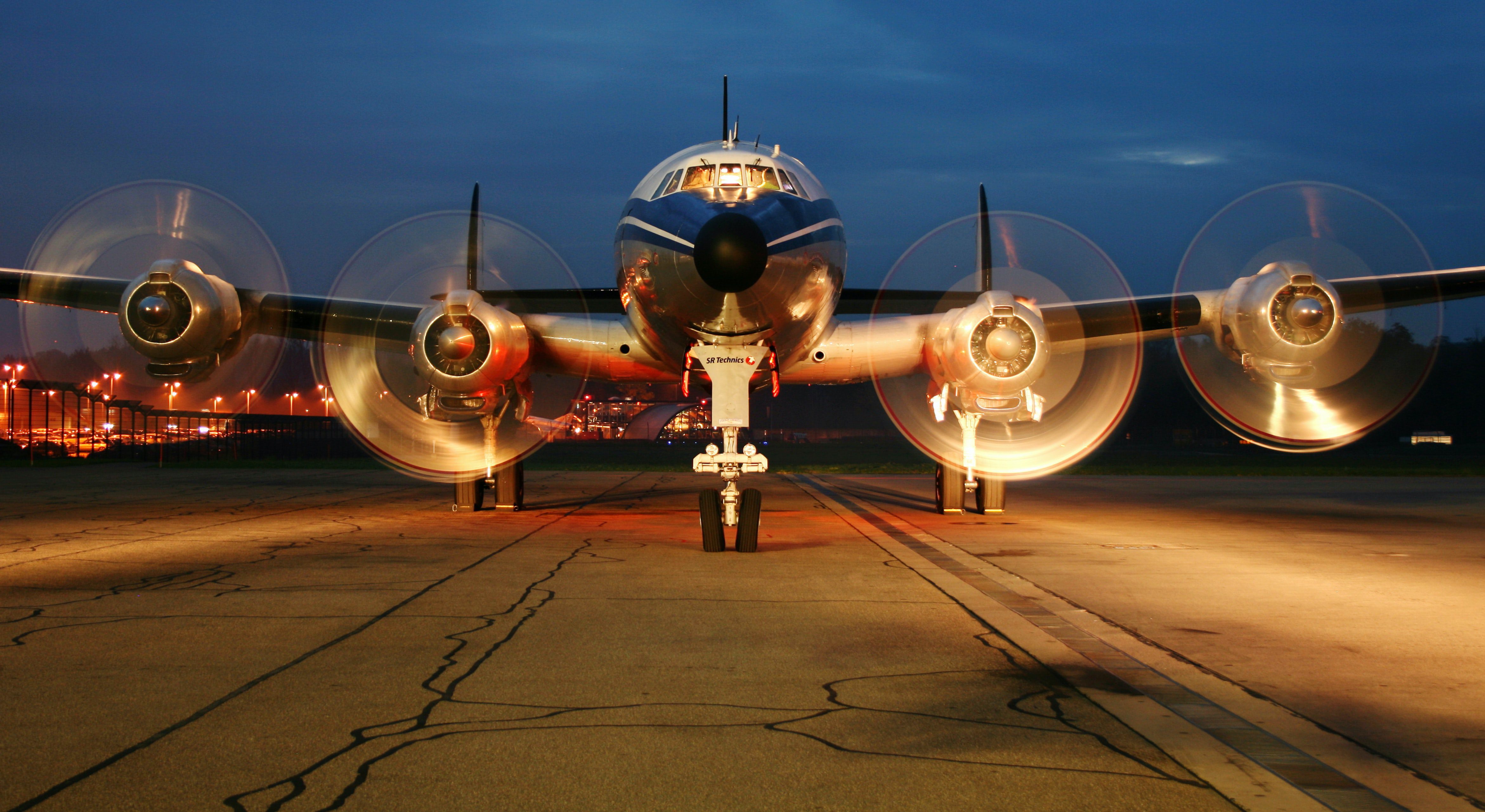This week was crucial in the stand-off between Finance Minister Tito Mboweni and the Department of Public Enterprises (DPE) Minister Pravin Gordhan for the future of failed, the state-owned airline, South African Airlines (SAA). This preposterous attempt to resurrect SAA, as envisaged by the DPE, is a phoenix rising fantasy at the expense of the poor who will be deprived further of essential services and infrastructure.
July 15 was the deadline for Treasury to commit to stumping up the additional R10,3bn (and rising) required to finance the Business Rescue Plan (BPR). If not, SAA was headed for liquidation. But it appears Tito blinked, the commitment letter was signed and sent by the DPE and Treasury to the Business Rescue Practitioners. Economic sanity has not prevailed unless Mboweni has agreed only to be committed to “mobilising funds” which will not come from Treasury.
Even before COVID-19 and the collapse of the aviation industry, the local market had some 30% overcapacity, according to experts. Post the COVID crisis, private airlines will do what the private sector does best: regroup and compete for consumer business without the cushion of taxpayer funds to get them through three years of losses as the BR plan foresees for the new SAA. Yet, the BRP lists SARS as being owed R180m in PAYE. Sister state-owned airline SA Express liquidation papers show it too owes SARS. Failure to pay PAYE is a criminal act.
It is a battle between Mboweni’s economic realism and the socialist ideology of Gordhan who, steeped in the philosophy of command economics, believes that the state should own key enterprises, including a vanity airline, to fulfill a “developmental” role, whatever that means. Mboweni, on the other hand, understands very well that the government has run out of money and that throwing another R10,3bn into the SAA blackhole is financial insanity. Yet to be paid is the previously committed R16,4bn. No one has yet said from where these extra billions of funds will come.
The Rescue Plan is deeply flawed. The practitioners have been unable to carry out their tasks without political interference, as required by the Companies Act, and which was the main reason cited by ex-CEO Vuyani Jurana in his resignation letter. The Plan calls for an additional R10,3bn to be made available from a Treasury that cannot fund basic relief for those hit hardest by the COVID crisis without emergency borrowing, and the real cost is even higher.
Also, concurrent creditors, many of which are small businesses, will be forced into “investing” in an apartheid dinosaur. The Rescue Plan only gives them R7.5 cents on every rand they are owed. This means they are effectively “investing” 92.5 cents for every rand owed by SAA. This may be legal but it is certainly immoral.
The R26,7bn funding requirement proposed by the BRP includes:
– R2,8bn working capital;
– R2,2bn for voluntary severance packages
– R3,2bn in tickets liability (paid in advance);
– R600m over three years to refund general concurrent creditors at R7.5 cents in every rand;
– R1,7bn over three years to aircraft lessors;
– R16,4bn over three years to repay secured lenders including South Africa’s main commercial banks and including R3,5bn plus
– R168m in interest owed to the Development Bank of South Africa.
Excluded:
– R2,15bn needed to settle debts for SAA’s subsidiaries Mango, SAA Technical and Air Chefs;
– R6,4bn of expected losses for the next three years.
Thus, the real cost is over R35bn; R7bn more.
FMF CEO Leon Louw said, “Despite not making a profit since 2011, receiving over R31bn in the last decade and demanding another R35bn now of citizens’ money – make no mistake government doesn’t have any of its own as the only cash it gets is from us – the DPE, irresponsible unions and the banks whose loans are guaranteed debt, believe that SAA deserves another chance to waste taxpayer money and deprive the poorest in the society of essential services and infrastructure while subsidising the rich to fly. Utter lunacy.
Twaddle continues to be spoken about a national state-owned airline being essential to support tourism, but South Africa’s tourism industry, which is on its knees begging for financial assistance, is being ignored by [the] government.”
The FMF is an independent, non-profit, public benefit organisation, created in 1975 by pro-free market business and civil society national bodies to work for a non-racial, free and prosperous South Africa. As a policy organisation it promotes sound economic policies and the principles of good law.

